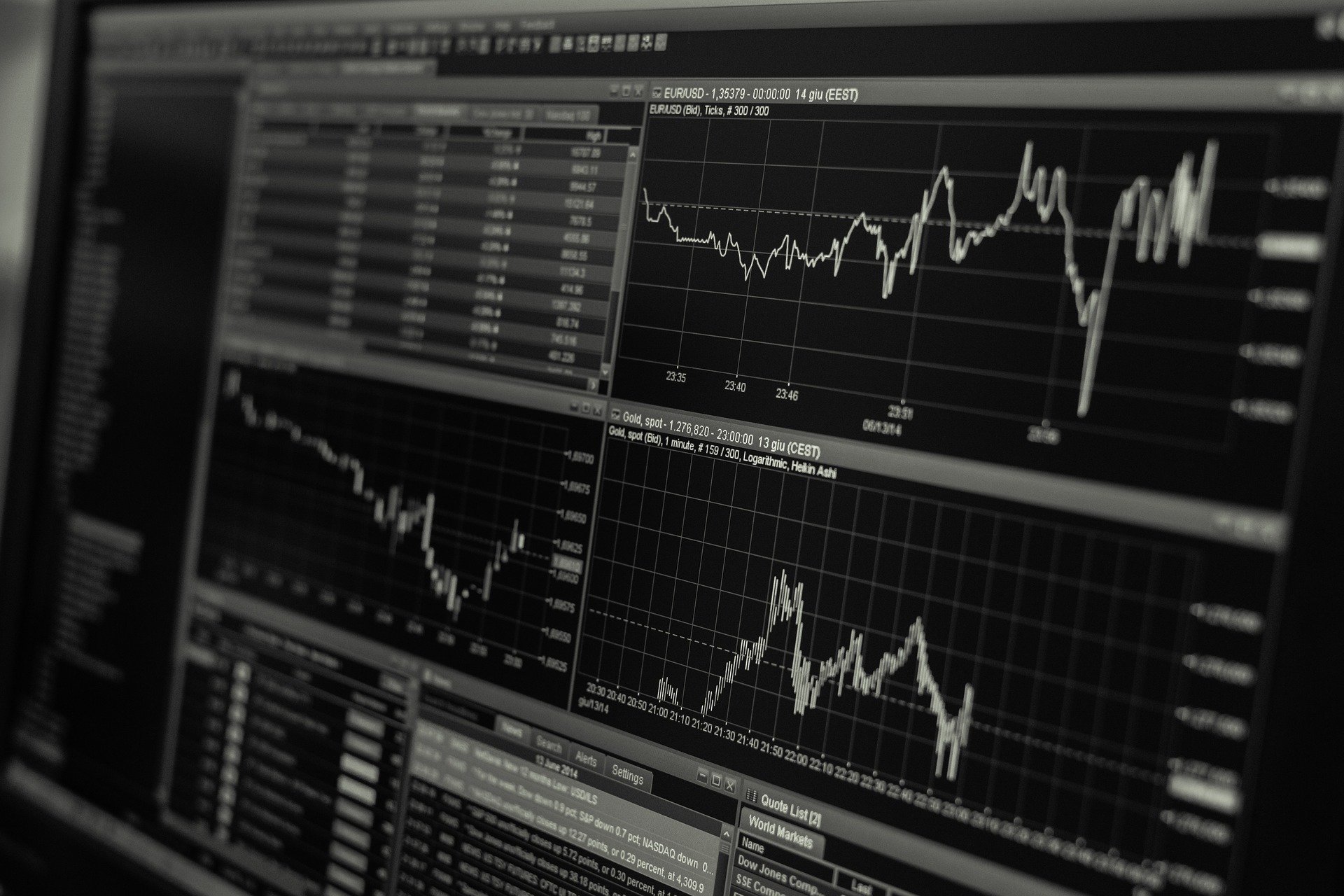The war in Ukraine is a horrifying historical event and the effects of it will likely ripple out for years to come.
The current situation shows us that nothing is permanent. In the blink of an eye, life-changing events can take place that have repercussions way beyond what we might expect. Although the globalization of our world opens up many exciting opportunities, it also means that a change in one ecosystem has widespread consequences on ecosystems throughout the globe.
Throughout this article, we aim to highlight the effect that the ongoing conflict in Ukraine has had on general economic systems, how it has impacted certain asset classes, and how you can mitigate the financial consequences.
The Conflict in Ukraine – Financial Repercussions
One of the significant impacts of the war is that many businesses have halted operations in Russia or abandoned them altogether. This includes major companies such as Shell, Apple and BP.
The Russian Ruble also dropped a tremendous amount compared to FIAT currencies such as the Euro. On February 21st, the exchange rate was 1 RUB = 0.0116 EUR; however, it reached a low of 1 RUB = 0.0069 a mere two and a half weeks later. That’s a drop of almost 40%.
This is comparable to the hit on Ruble-denominated stocks traded on the Moscow Stock Exchange. If we look at gas giant Gazprom, their share price plummeted from 279,20 RUB on February 21st to 189,10 RUB on February 24th.
This was no isolated occurrence. Equity trading became so volatile that markets were halted on February 24th for one month until the Moscow Stock Exchange could reopen – albeit with substantial limitations on who could trade.
The Impact on Gold and Precious Metals
In times of war, investors tend to value tangible assets – most notably, precious metals. While silver and platinum are also popular with investors looking to diversify into these physical goods, gold remains the flagship.
Gold has a long tradition as a store of value and is universally recognized. In addition, gold has a high enough price so that investors don’t need to carry around kilograms of it to have substantial value.
Gold also holds its value exceptionally well, whereas anything on paper is open to huge swings in value due to inflation or the inability to liquidate.
The gold price has performed as expected in recent weeks, and investors have already priced in the war’s effects. Many macroeconomic events were ongoing at the beginning of the year, including interest rate increases from the Federal Reserve. Yet, the price chart clearly shows a rise in the value of gold commencing in February.
Starting at around 1580 EUR/OZ on February 5th, the price topped 1900 EUR/OZ on March 8th, before sinking back down to about 1780 EUR as of March 27th.
P2P Lending – How Has the Conflict Affected the Industry?
The P2P Lending industry also saw the effects of the Ukraine conflict. Loans from Ukrainian or Russian loan originators were suspended on many platforms or closely monitored and scrutinized to mitigate the increased risk they brought with them. Furthermore, as loan originators faced higher demand during these global events, many increased the interest rates on their products.
This also includes one of Lendermarket’s loan originators, the Creditstar group. Investors can now purchase loans with interest rates of up to 15%, depending on the country where the loan originated from.
Generally, it stands to say that all platforms that have halted investing in new Russian or Ukrainian issued loans are assuring their investors that the loan originators have enough liquid funds to cover the process of buying back outstanding loans.
Inflation as a Result of the Crisis
Residents in many countries, especially in the European Union, also noticed a significant increase in energy and fuel prices. This was primarily due to Russia being one of the key players in the oil and gas supply, coupled with the uncertainty of the ongoing situation in Ukraine.
For example, in Germany, you would pay an average of 1.67 EUR per litre of gasoline and 1.54 EUR per litre of diesel in December 2021. However, prices have reached record highs of 2.13 EUR per litre of gas as of March 2022. The diesel price is even higher than gasoline for the first time in history, coming in at a whopping 2.25 EUR per litre.
This is just one of many examples that show war’s impact on inflation levels. It’s therefore natural that the current inflation rate in the EU stands at 6.2% as of February 2022 – and will likely be even higher for March. So, how do you protect yourself from these high inflation rates, as well as falling stock prices and exchange rates?
The Takeaway – Diversification is the Helping Hand
Certain asset classes perform better and possess different risk exposure in times of crisis. When the stock markets go down, you can usually see a rise in gold prices. Therefore, if you invest broadly, perhaps by using different asset classes and even spreading your investment over a single asset class, then the conflict has less influence on your portfolio’s value.
This holds true across the board. If your portfolio has a strong geographical focus on Eastern Europe, be it via stocks, bonds or P2P Lending platforms, you will see a much more significant effect on your net worth than with a well-diversified portfolio.
Diversification is the helping hand to keep your portfolio in check during times like these. As the old saying goes: “Don’t put all your eggs in one basket.”

Totalmente de acuerdo, en la plataforma Mintos, tengo bloqueado bastante dinero porque casi todos mis préstamos estaba en Rusia y algunos en Ucrania, y hay gente que tiene varios cientos de miles de € bloqueados en Rusia.
Tal vez nunca se recuperen.